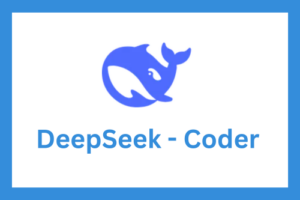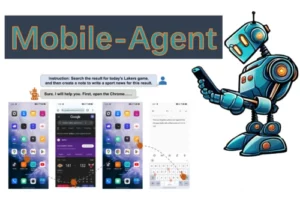
In a world of digital giants, AI Diversity is reshaping industries. OpenAI’s ChatGPT, Google, Meta, Apple, and Amazon lead the way. Remember when Google emerged in the search engine arena? Skeptics wondered if we needed another one, but it became a monopoly due to its performance and network effects. Yet, AI platforms are different. Unlike social media or search engines, they function more like publishers, gathering and creating content.
Networking effects, like Amazon’s dominance in e-commerce, don’t seem to grip AI platforms. Unlike platforms where users flock to find friends or the best deals, AI platforms rely on training data, which can come from various sources, leading to diverse viewpoints.
Unlike the networking-driven monopoly seen in social media or search, AI platforms appear unlikely to coalesce into one dominant company. Rather than being “computer service providers” like Section 230 defines, they act more like publishers, similar to news sites.
Transparency in AI is crucial. The sources and biases in training data shape AI content. Platforms must reveal their data sources to prevent potential misuse or censorship, ensuring users can choose platforms aligned with their preferences.
While AI platforms offer variety, monopolies still exist elsewhere. Search engines and social media giants control vast content and often impose their viewpoints. Safety, neutrality, transparency, and accountability apply to both AI and these monopoly platforms.
In the realm of AI diversity, the focus should shift towards safeguarding open discussions in these existing monopoly platforms. AI’s potential to remain diverse and decentralized stands as a beacon of hope in a digital world dominated by a select few.
Similar Posts
-
Chinese Company DeepSeek Releases DeepSeek-Coder a LLM for Code Generation

-
Alibaba’s Mobile-Agent: A Smart Mobile Assistant

-
Grounded SAM: A Unified Model for Diverse Visual Tasks

-
Gaussian Head Avatar: High Quality Head Avatar Generator

-
Google DeepMind’s AlphaGeometry: Without Assistance Solving Olympiad Geometry Problems

-
OMG-Seg: A Unified Segmentation Model

